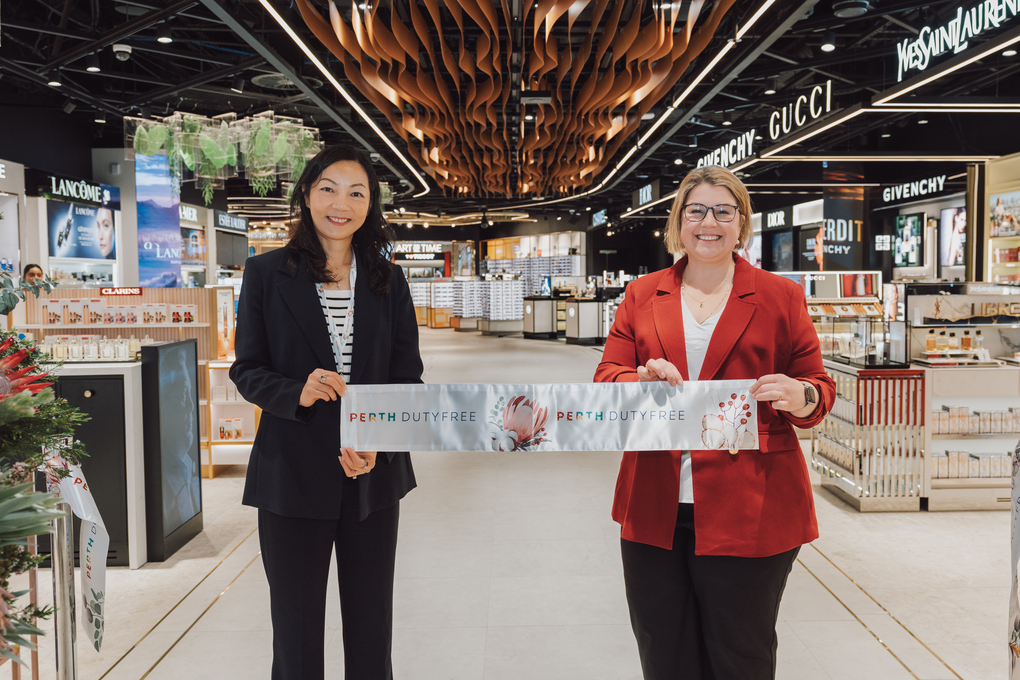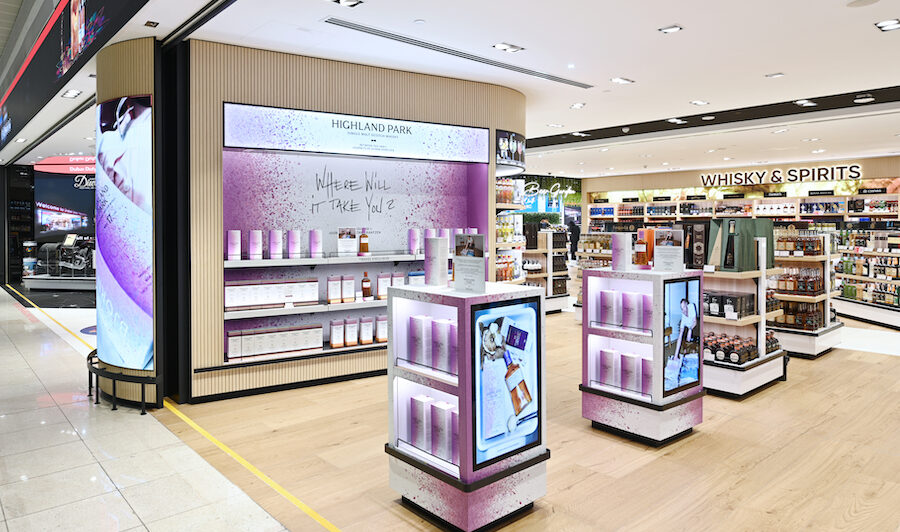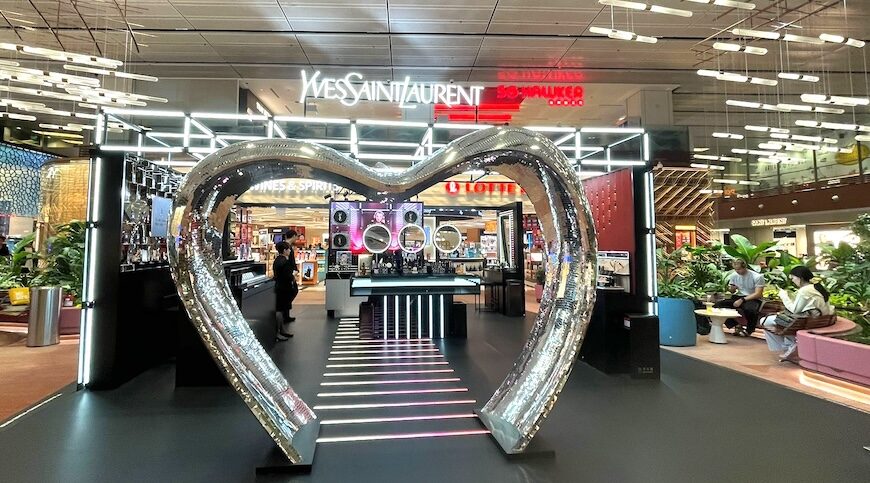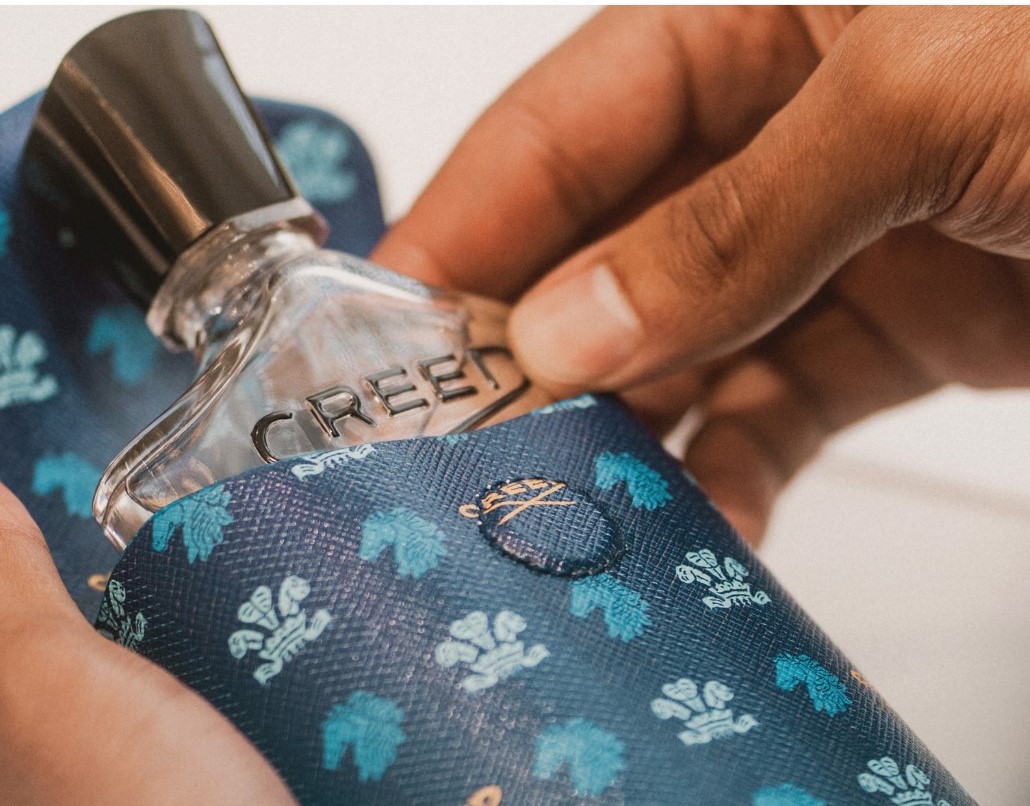SOUTH KOREA. The country’s travel retail sector is facing stiffening headwinds as spend per customer drops to its lowest level in five years.
Figures released by the Korea Duty Free Association at the weekend show a -22% year-on-year fall in first-half average spend to KRW535,000 (US$400). The decline is mainly driven by the ongoing impact of the Korean Customs Service crackdown on daigou trading in late 2022. As reported, duty-free retail sales nationwide (excluding inflight retail) declined -4.4% month-on-month in June to KRW1,199,565,739,843 (US$865.5 million).
The effect of the reseller-related structural changes is starkly underlined by a comparison with the average spend per customer from 2020 and 2021 – the peak COVID years – when the indicator hit KRW1.4 million (US$1,050) and KRW2.6 million (US$1,950), respectively. Those numbers were driven almost entirely by bulk reselling.
Such challenges are having a severe impact on company performance. According to the latest DART (Repository of Korea’s Corporate Filings Data Analysis, Retrieval and Transfer System), two of the Republic’s ‘big four’ travel retailers, Lotte Duty Free and Hyundai Duty Free posted first-half operating losses while The Shilla Duty Free and Shinsegae Duty Free saw big deteriorations in their profits.
Lotte Duty Free (excluding Lotte Busan Hotel Duty Free, which is owned separately) racked up a KRW46,251 (US$34.6 million) operating loss in the first half, a -221.3% decrease year-on-year. The Shilla Duty Free, badly hit by heavy losses in its overseas operations (included in the figures below) saw its operating profits tumble -88.1%.

In June, Lotte Duty Free announced an emergency management strategy involving workforce restructuring, organisational slimming and a -20% reduction in executive salaries.
“The spending per head is dropping, mainly due to the decline of the daigou sector accompanied by weakening FIT spending in duty-free outlets,” a senior Korean travel retail source told The Moodie Davitt Report.
“Lotte Duty Free recorded a heavy operating loss for the first half while Shilla and Shinsegae generated slight operating profits. That means the downtown sales are not contributing the profit Lotte had expected earlier when it dropped out of the Incheon Airport duty-free business.
“They expected the FIT trade from the downtown shops could compensate for the absence from Incheon and the loss of much of the daigou business. But actually the FITs and pure group tourist sectors have not lived up to expectations.”
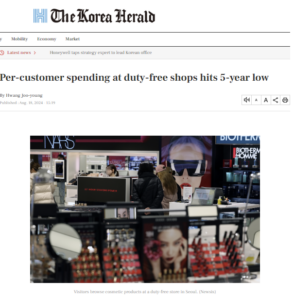
The total Korean duty-free market (excluding inflight) sales rose +13.6% year-on-year to KRW7.39 trillion (US$5. 5 billion) in the first half of the year. However, buoyed by increased inbound and (especially) outbound tourism by Koreans, the number of customers rose +45.6% to 13.8 million.
“Chinese tourists are favouring individual travel over group tours, and they’re more interested in food tours and pop-up stores than shopping, which has weakened the position of duty-free shops,” an industry official who wished to remain anonymous told The Korea Herald.
The strong US Dollar has also deterred domestic customers from making purchases, the article said. “Given that duty-free transactions are conducted in dollars, the industry is particularly sensitive to exchange rate fluctuations,” the official added. ✈
Footnote: In another sign of the government’s long-term determination to control the reseller market, from 1 July 2025 duty-free retailers will have to deposit the value-added tax (VAT) of the ‘guest commission’ paid to travel agencies to a dedicated bank account house within a designated financial institution.
In addition, the National Tax Service will be able to impose value-added tax on businesses that use false tax invoices at any time.
Guest commission involves payments by duty-free retailers to travel agencies in return for attracting tourists. When the retailer pays the commission, the travel agency should report the payment and pay the VAT. According to local reports, however, some agencies had been receiving the commissions then closing down their business before reporting the VAT. For more on the subject, see this report in local Korean media Naver.
A senior industry source told The Moodie Davitt Report that VAT tax evasion had become very significant over recent years as daigou-related travel agencies grew in size. ✈












